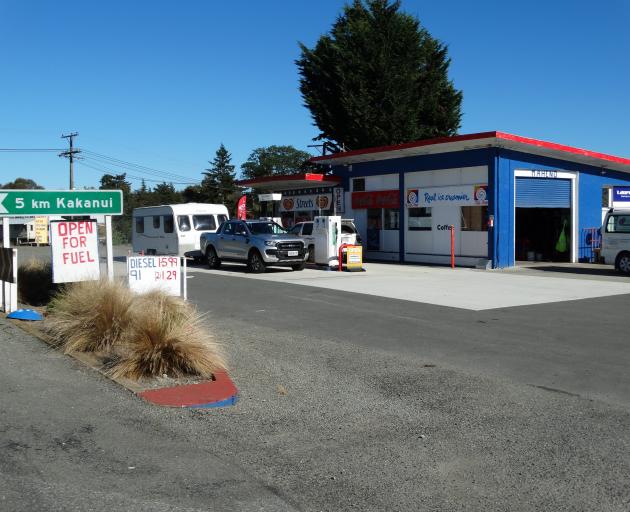
Take both Dunedin air links to Wellington and the advent of Gull petrol stations.
The beginning of Jetstar services in 2015 appeared to sharpen the number of cheaper Air New Zealand fares. Services to the capital were very good. It so often seem cheaper to fly to Wellington than nearer Christchurch.
But Jetstar, which had the disadvantage of only flying three times a week to Wellington and at varying times, announced last month it was withdrawing from the end of May.
Straightforward logic would suggest Air New Zealand would have the luxury of absorbing those extra passengers and, perhaps, adding extra capacity.
The opposite, however, occurred. Just last week, about three weeks after Jetstar's announcement, Air New Zealand indicated it will cut 20,000 seats a year from the link between the two cities.
From immediate effect, it reduced the number of Airbus A320 fights for return trips from 19 to 15 a week. Instead, the small and much slower ATR-72s would be used for those flights.
The outcome for passengers is likely to be fewer cheaper seats and for Air New Zealand, now with a monopoly, increased yields.
Thanks to Jetstar, it could well often be cheaper to fly to Auckland than to Christchurch or Wellington.
The "Gull" effect, meanwhile, is more obvious.
Those areas where Gull petrol stations are located have petrol prices often about 15 cents a litre cheaper than elsewhere. The other stations have to match Gull prices to stay competitive, and motorists benefit.
The impact is such that prices in Auckland for petrol are cheaper than Dunedin, Christchurch or Wellington despite New Zealand's largest city prices including an 11.5 cents a litre regional fuel tax.
The effect is also stark driving from the Manawatu to Wellington. South of Levin, as the distance from the Gull stations increases, so do the taxes.
As the fuel majors match, or come close to, Gull, there is a definite view that the rest of the country carries the can. It would seem the non-Gull zones subsidise other parts of the country, thereby helping to cover trimmed margins. It is no wonder motorists feel resentment that they are being taken for a ride. The so-called "national price" is higher than it should be in much of the country.
The arrival of a Gull station in Maheno is welcome, even if it will be unstaffed. At this stage, it is only one South Island outlet. Going by North Island experiences, the other companies will do their best to ignore its lower prices, except perhaps in the likes of nearby Oamaru.
But if Gull can spread its wings into Dunedin, Christchurch and Invercargill then the South should be in for much more competitive prices.
Those who are wont to criticise the evils of competition would do well to reflect on these examples. The "market" has its faults, its inefficiencies and its dangers. It does not always work for the greater good and, especially in a small country like New Zealand, regulation can be required.
There is, nonetheless, a lot to be said for good old-fashioned competition.












